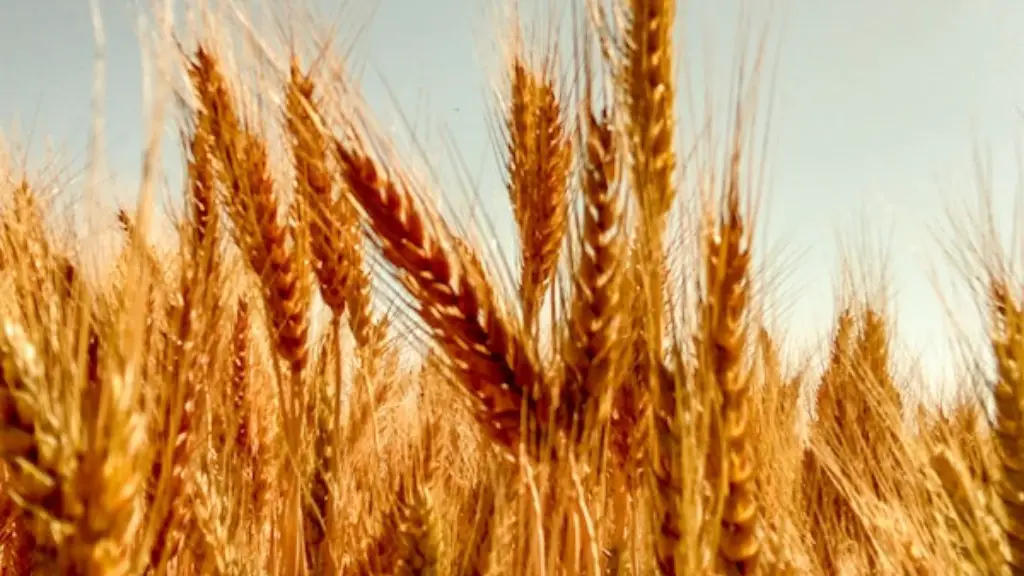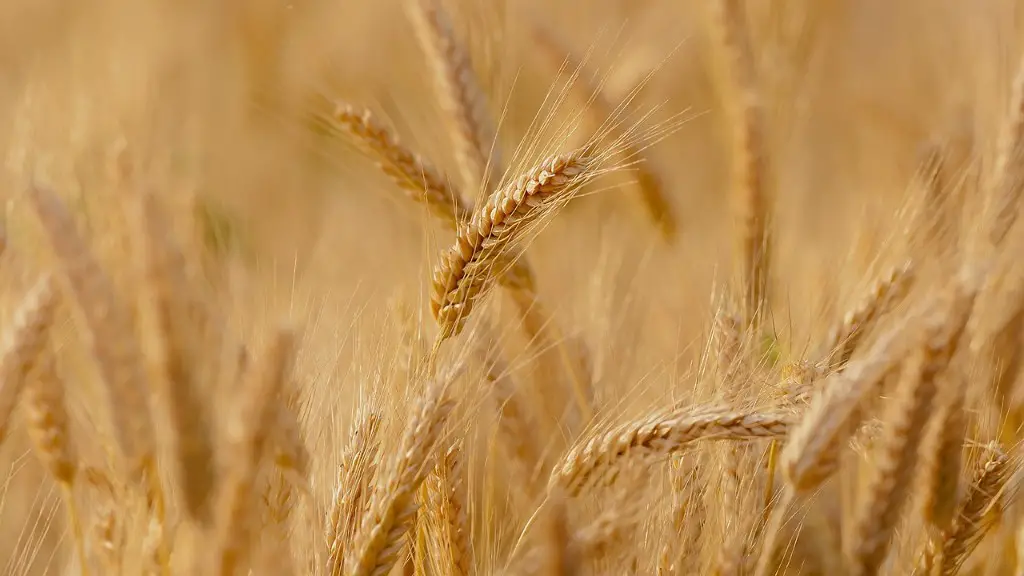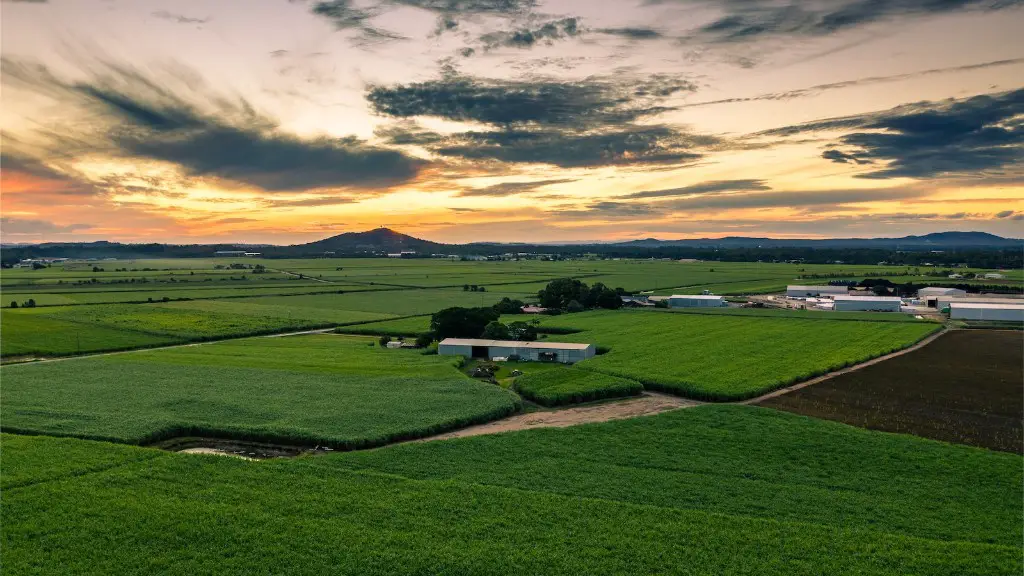Capital is key when it comes to agricultural production, and water conservation is no exception. Effective water management is a critical factor in the sustainability of agricultural production, and conserving water is vitally important to ensure that food production is not impacted. In this article, we will explore some of the methods and technologies available to farmers that can help conserve water and optimize its use in the agricultural sector.
Reducing Runoff and Droughts
One key method for better water management in agriculture is reducing runoff and avoiding droughts. This can be accomplished through increasing vegetative cover and employing conservation tillage practices that minimize soil loss from wind and rain. This vegetation cover helps to reduce water waste by protecting the soil from the damaging effects of rain and stormwater, while also helping maintain water retention in fields over time. By increasing the infiltration and percolation of water into the soils, irrigation water can be more efficiently distributed.
Using Technology to Conserve Water
In addition to using traditional methods to reduce runoff and droughts, technology can also help conservation-minded farmers conserve water. For example, a variety of smartphone apps, irrigation sensors, and rain gauges can be used to monitor soil moisture levels and optimize irrigation practices. These technologies can help farmers to reduce the amount of water used for irrigation and increase the efficiency of existing water supplies.
Increasing the Use of Rainwater
Another way to conserve water in agriculture is to increase the use of rainwater. Rainwater collection systems can be used to catch and store rainwater for use in irrigation. This can be especially beneficial during periods of low precipitation or drought. Additionally, rainwater can be used for other activities such as washing and sanitizing equipment, washing animals, and replenishing nutrient-rich water for livestock.
Optimizing Irrigation Practices
In addition to using rainwater collection, farmers can also optimize their irrigation practices to conserve water. For example, using subsurface and trickle irrigation practices can lead to a more efficient distribution of water over a larger surface area, thus reducing water wastage. Additionally, choosing the most appropriate irrigation system for a particular crop, field, and climate can help ensure that water is used efficiently.
Improving Soil Quality
Finally, one way to save water in the agricultural sector is by improving soil quality. By building up healthier soil, farmers can manage their water more efficiently. Soils with a healthy composition of beneficial microorganisms, beneficial fungi, and beneficial bacteria can help prevent water loss through transpiration, reduce runoff and erosion, and reduce the need for fertilizer and pesticide applications.
Revising Management Strategies
To maximize the efficiency of agricultural water use, farmers must review and revise management strategies to suit local climate and soil conditions. This can include revising crop rotations to use varieties that require less water or changing management practices during periods of high or low precipitation. Other strategies include choosing seeds that are adapted to the local climate, avoiding high evaporation rates by reducing surface water, and implementing appropriate irrigation methods and systems.
Employing Rainwater Harvesting and Recycling
Rainwater collection and reuse is another way to conserve water in agricultural production. This can involve harvesting rainwater for reuse later, collecting wastewater from other operations (such as animal husbandry and food processing) and treating it for reuse, or collecting and reusing the runoff from fields and farms. Additionally, systems like rainwater harvesting tanks, wetlands, and permeable paving can help contain and reuserainwater.
Eliminating Wastage
Finally, farmers can also eliminate water wastage by repairing broken irrigation systems, fixing leaking pipes, optimizing pumping schedules and pressures, and properly disposing of wastewater. Proper surveillance and maintenance can help prevent water loss, while also reducing costs associated with wastewater treatment and the use of alternate water sources.


